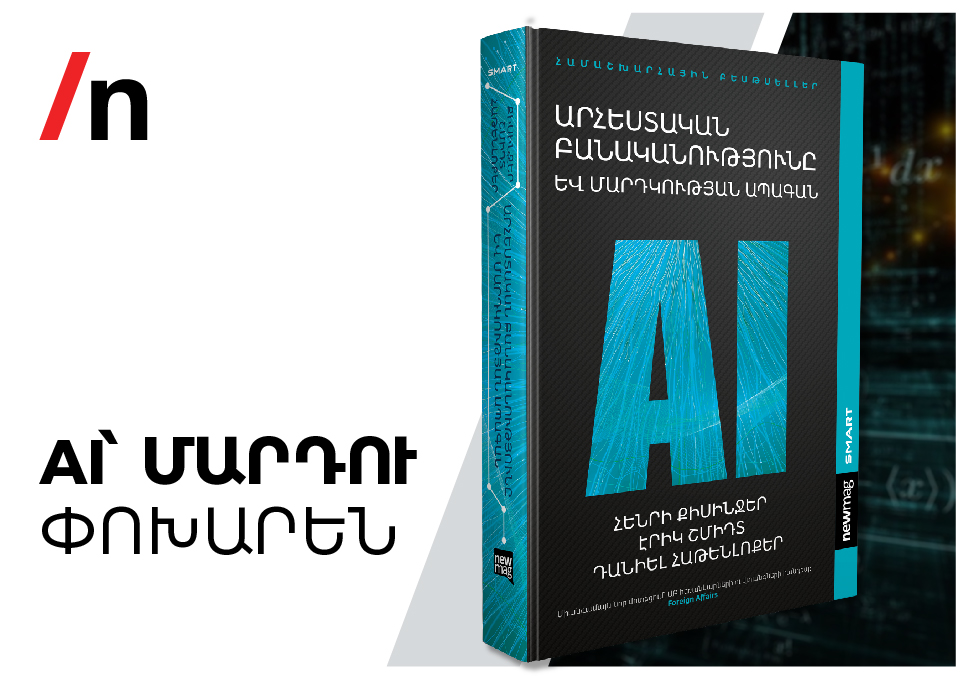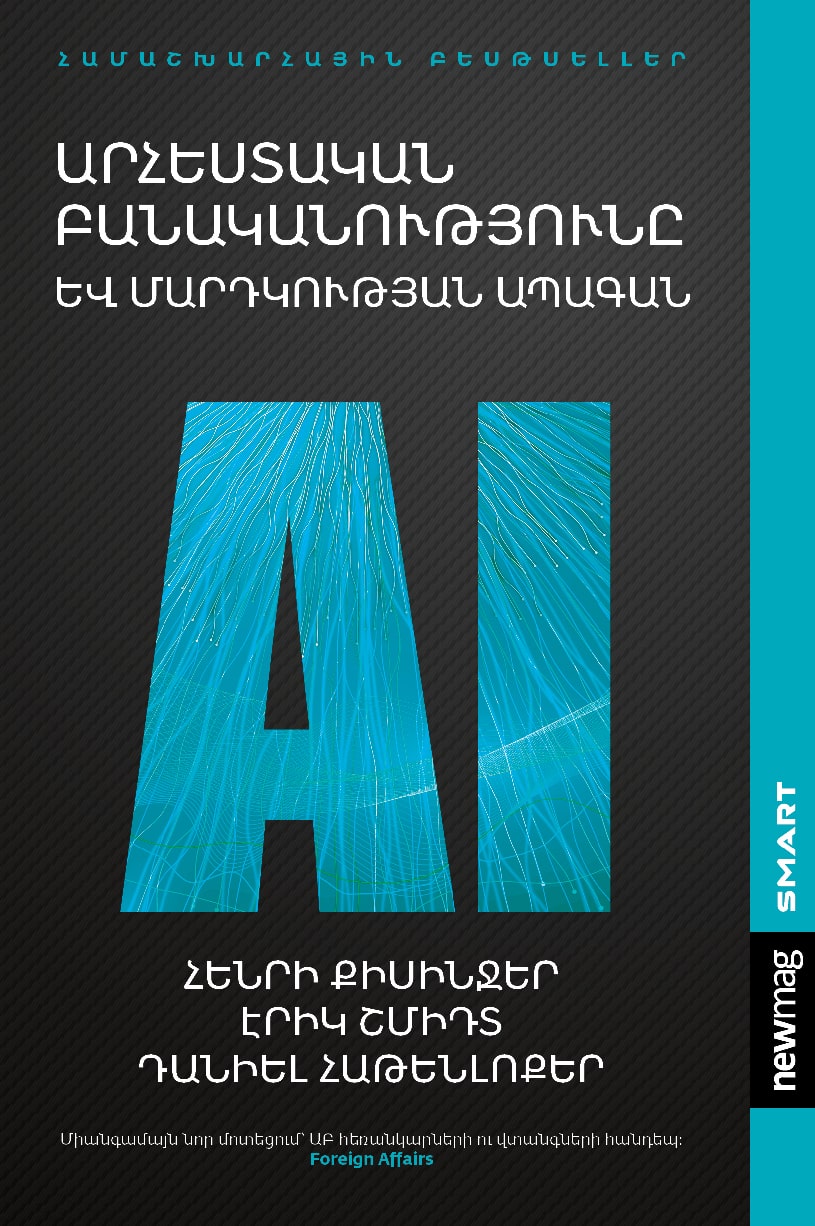Which professions are fashionable in the AI era? (video)
09/04/2024

What jobs and specializations are essential in the AI age? Who are the fortunate individuals who have entered the field of artificial intelligence and are competing with robots as equals?
The term "artificial intelligence" was popularized at
the 1956 conference in Hanover. Half a century later, AI is as integral to our
daily lives as the Internet or mobile communications.
The global artificial intelligence market is estimated at $150
billion and is predicted to grow approximately 13-fold over the next seven
years.
Eighty-three percent of companies state that artificial intelligence is a primary focus of their business plans. Netflix generates a billion dollars annually thanks to automated personalized systems. Forty-eight percent of companies use some form of artificial intelligence to manage data effectively. Thirty-eight percent of companies in the medical field use AI for diagnostics.
To become an AI specialist, your CV should include these skills:
analytical thinking, communication skills, teamwork, time management,
self-organization, and adaptability.
Here are the top 10 AI job vacancies:
1. Engineer
2. Robotics
Technician
3. Copywriter
4. Machine
Learning Engineer
5. Language
Engineer
6. Ethics
Specialist
7. Digital
Marketer
8. Scientific
Researcher
9. Data
Processing Specialist
10. AI
Trainer
Artificial intelligence is present in all fields, from medicine
to food production, agriculture, construction, and culture. The field of
artificial intelligence offers both innovative and lucrative career
opportunities. Although these positions are among the highest paid, the market
is dynamic, with a growing demand for highly skilled professionals and a
shortage of qualified specialists.
newmag has published Henry Kissinger's book "The Age
of AI: And Our Human Future" with the SMART series, which
provides answers to any questions related to AI. The general partner of the
book is Digitain.

Henry Kissinger
Eric Schmidt
Daniel Huttenlocker
5800 ֏
Description
What a person does in a few hours or days, in some cases even a lifetime, an AI can do in a few minutes, even seconds. Artificial intelligence permeates all areas of our lives: transportation, industry, medicine, commerce, finance, education, law. Human civilization is in a qualitatively new era of transformations and historical development, the 4th industrial revolution. Artificial intelligence fundamentally transforms people's way of life and perception of the world, reshapes the labor market.
Scientists hope that thanks to artificial intelligence, we will be able to solve global problems: find cures for deadly diseases, overcome the low level of education in some regions, explore the oceans and space. But the use of a generative neural network can also have negative consequences, since many of its work processes are incomprehensible to humans. The authors of the book discuss the possibilities and problems of artificial intelligence. They explain radical historical changes, the perception of the world and our role in it.
This book will help to understand the present to assess the future impact of artificial intelligence.
Read also

Winterfest to feature David Georgyan’s sci-fi action novel Impedance (trailer)

At Winterfest 2026, Newmag will present Marianna Hakobyan’s “Don’t Change the Names” (trailer)

Closing and Award Ceremony of the “Sprout in Armenian – 2025” Competition at Newmag Winterfest

“I hope my story will inspire many and help them keep believing and dreaming.” Henrikh Mkhitaryan’s welcoming speech to Armenian fans (video)

